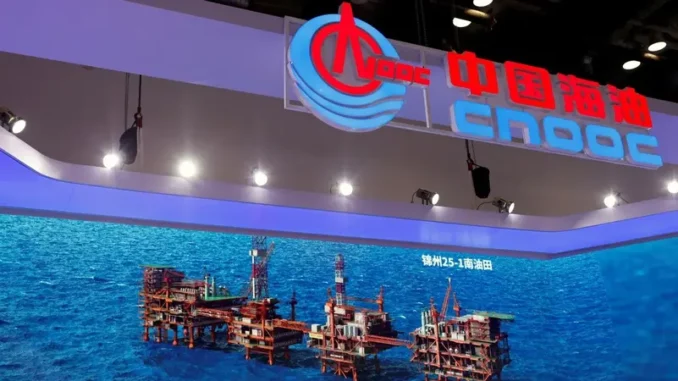
Tanzania on Tuesday gave the go-ahead for the construction of a $3.5 billion oil pipeline as part of a controversial mega-project to transport hydrocarbons from East Africa to international markets, despite recurrent criticism from environmental activists.
The pipeline, about 1,500 kilometers long, is to link the Lake Albert oil fields in western Uganda to the Tanzanian coast on the Indian Ocean.
The project requires the approval of both countries and in January Uganda issued a license to the East African Crude Oil Pipeline Company Ltd (EACOP) consortium, 62% owned by the French giant TotalEnergies.
The Tanzanian government’s approval “marks another step forward for EACOP as it allows for the start of major construction activities in Tanzania, following the completion of the ongoing land access process,” said EACOP’s executive director in Tanzania, Wendy Brown, at a conference to receive the certificate in Dar es Salaam, Tanzania’s economic capital.
The project “will comply not only with the laws of Tanzania and Uganda, but also with the highest international standards,” including “human rights,” Brown said.
The $10 billion project between Tanzania and Uganda, however, has been opposed by activists and environmental groups who say it threatens the region’s fragile ecosystem and the people who live there. Some 13,000 households are affected by the pipeline route, according to Brown.
Six NGOs brought a lawsuit against TotalEnergies before the Paris judicial court in late 2022, demanding that the group comply with a law passed in 2017 that requires multinationals to have a “duty of care” over their activities around the world. Deliberation is expected on February 28.
Lake Albert, the natural border between Uganda and the Democratic Republic of Congo, holds an estimated 6.5 billion barrels of crude oil, of which about 1.4 billion are currently considered recoverable.
